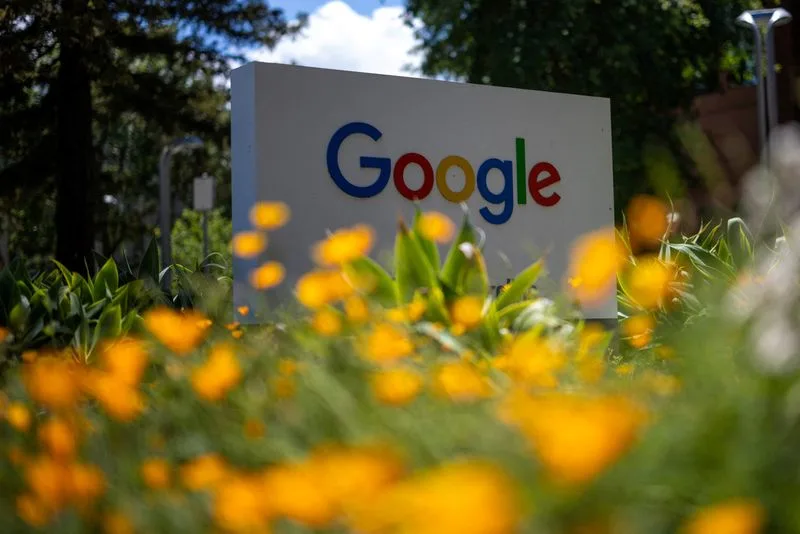Alphabet’s Google is poised to be hit with a modest penalty from the European Commission in the coming weeks for allegedly favouring its own tools in the adtech stack, capping a four-year case kicked off by a complaint from the European Publishers Council, according to people familiar with the decision. Unlike past headline-grabbing fines, the new EU antitrust chief Teresa Ribera is prioritising ending anti-competitive conduct over imposing massive deterrent penalties, sources say.
What the Commission is targeting
Brussels had charged in 2023 that Google steered business toward its own ad-buying and ad-selling services — conduct that could disadvantage rival ad tech intermediaries and publishers. Google disputes the case, saying Brussels misunderstands the sector and that advertisers and publishers have “enormous choice.”
Not a structural remedy — for now
Ribera will not order Google to sell parts of its ad business (e.g., DFP or AdX), a step previously floated under her predecessor Margrethe Vestager. One reason: a US court is already set to weigh remedies — including potential divestitures — in September following the Justice Department’s adtech win, and Brussels may watch that process unfold before revisiting harsher measures.
Why the stake is big anyway
Google remains the world’s dominant digital-ads platform; ads generated $264.6B in 2024 (about 76% of total revenue), spanning Search, YouTube and network products like Ad Manager, AdMob and AdSense. Even a “modest” fine lands on a business that is systemically important to the online ad market.
Context: a long antitrust rap sheet in Europe
The company has previously faced three major EU sanctions: €2.42B for Shopping (2017), €4.34B for Android (2018), and €1.49B for AdSense (2019). Some of those decisions are still winding through EU courts, but they illustrate the scale of earlier enforcement.
What to watch next
- Size & terms: whether the fine is paired with binding behavioral commitments around how Google operates its ad auction stack.
- DMA overlap: Google is also navigating the EU’s Digital Markets Act, where penalties can be far larger (up to 10% of global turnover) if gatekeeper rules are breached.
- Trans-Atlantic remedies: the U.S. September remedies trial could set a practical template that Brussels and London reference for any future structural steps
Disclosure: This article does not represent investment advice. The content and materials featured on this page are for educational purposes only.
Related: Nvidia Q2 2026 Earnings Preview and Prediction: What to expect
Why Warren Buffett and Hedge Funds Are Betting on UnitedHealth Stock (UNH)










